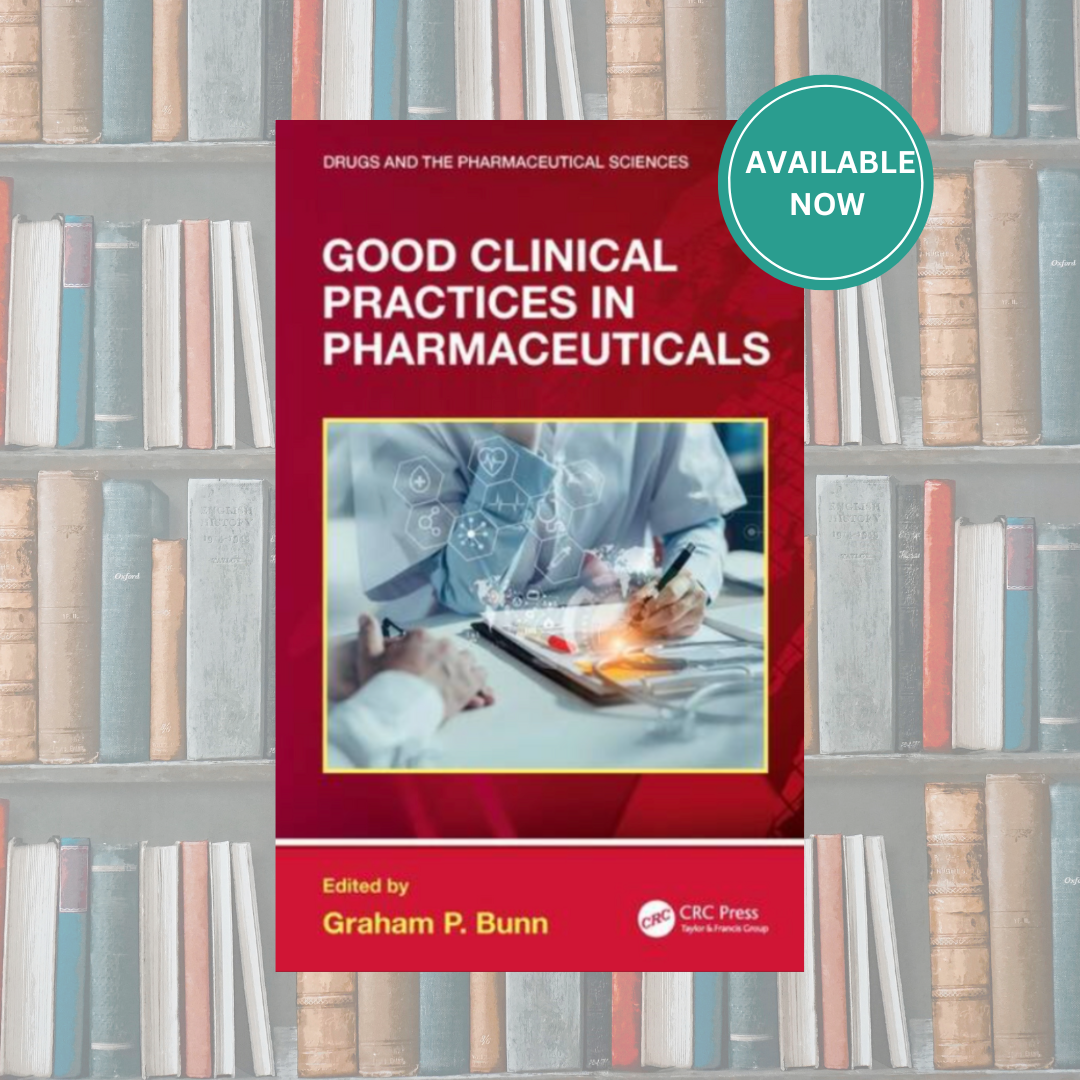8/11/2020
-
During the pandemic, it has become evident that we must continue to consent COVID-19 patients into clinical trials as we work to discover treatment options and better understand other aspects of the disease. Because of isolation restrictions, it is more cumbersome for all involved to conduct the informed consent process as we are accustomed. The investigator or delegate is likely not permitted into the isolation room to discuss the aspects of the trial with the potential subject. This leads to barriers to their ability to see important facial features communicated during a conversation.




